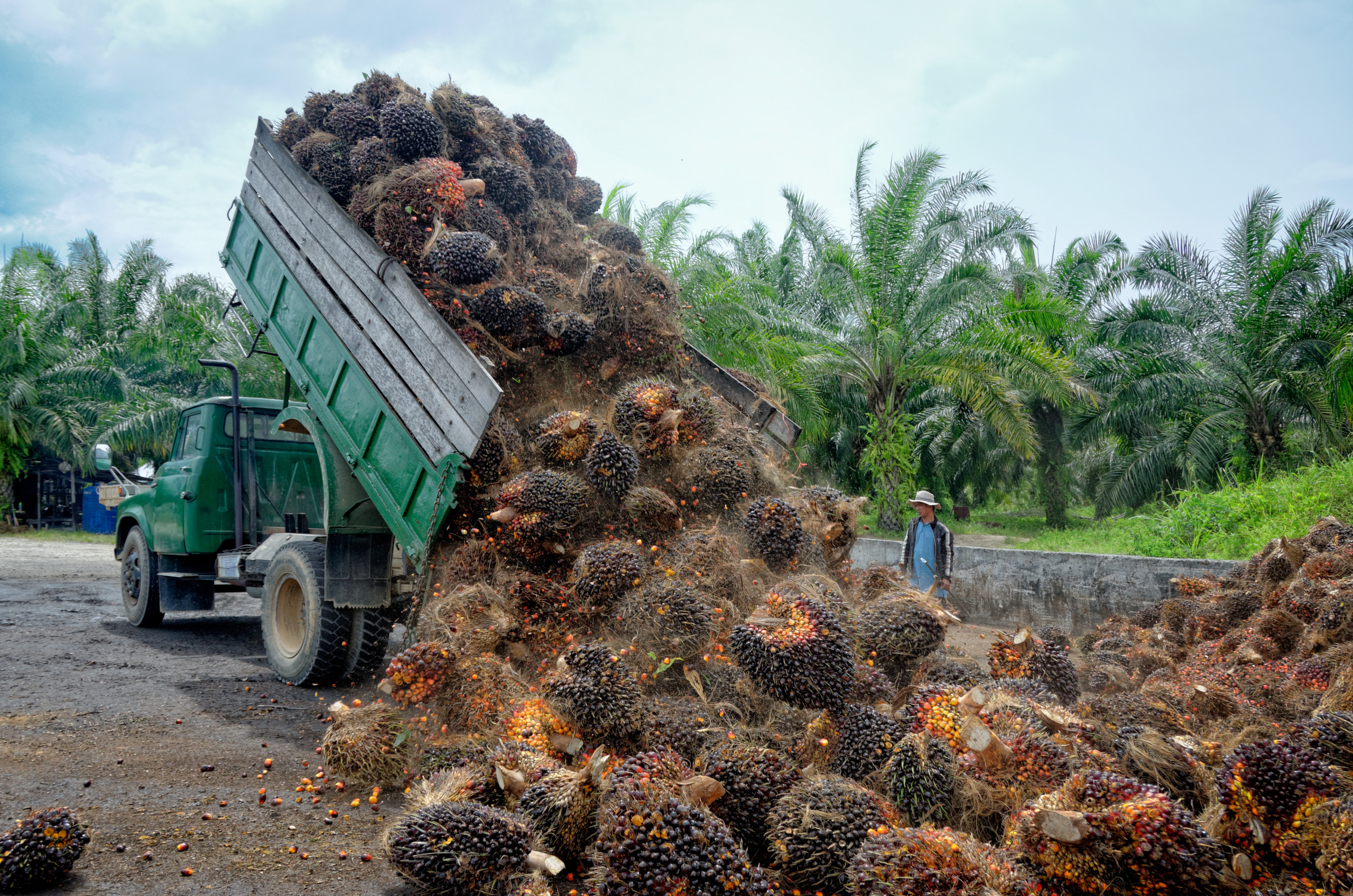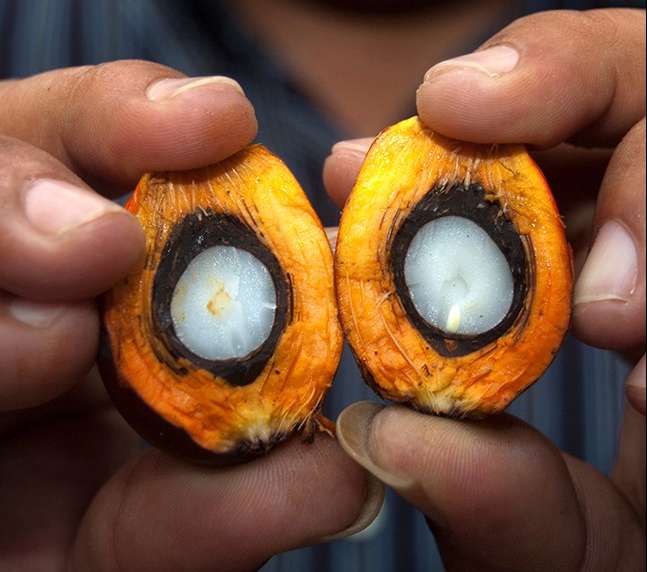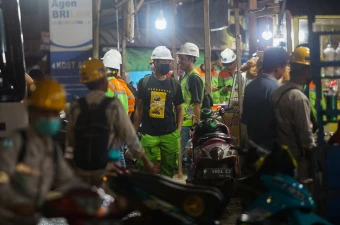Arend van Wijngaarden, President of CNV Internationaal: “Despite mass violations of workers’ rights in palm oil supply chains,” the Netherlands increased its import of palm oil last year. Contrary to the decreasing trend of previous years. This was announced by Statistics Netherlands (CBS) Monday, March 19, 2018.
“The Netherlands is the largest importer/exporter of palm oil in the European Union. Dutch companies that use palm oil could help in the fight against the violation of these workers’ rights, but this seldom happens. “It’s time to take responsibility,” states Van Wijngaarden. CNV Internationaal advocates 100% sustainable palm oil, and this includes palm oil which is 100% socially responsible. .

CBS statistics show that the Netherlands imported some 2 billion euros worth of raw palm oil, palm oil products, and palm kernel oil in 2017. This is an increase of more than 22% over 2016. Most of the palm oil comes from Indonesia and Malaysia, and Latin America is also steadily increasing its production.
Palm oil is used in many food products like margarine, baby food, crisps, soups, sauces, and cookies. It is also used in the production of things like animal food, soap, shampoo, cosmetics, and bio-diesel.
Child Labour
CNV Internationaal research shows that the rights of workers in the palm oil supply chain are still being violated on a mass scale. Their research shows that workers are being forced to work overtime without pay in order to meet unrealistic production goals. Because of these high production goals, employees even bring their wives and children to the plantations to help with the work.
“This, in fact, creates child labour,” states Van Wijngaarden. Other violations include the suppression of labour unions, working without labour contracts, insufficient personal protection equipment (PBM), and insufficient medical support. Palm oil production in countries such as Indonesia and Malaysia often results in contamination of the land and deforestation. Rain forests are being cut down to create space for palm oil plantations.
Strategic Partnerships
CNV Internationaal is a partner in the Civic Engagement Alliance (CEA), a strategic partnership with the non-profit organization ICCO, which focuses on improving labour conditions in the palm oil sector in Indonesia. In Indonesia, CNV Internationaal works with partner union KSBSI and the Hukatan trade union. Hukatan has approximately 35,000 members who work in the palm oil industry in Sumatra and Kalimantan. The majority of the palm oil imported to the Netherlands comes from Indonesia (31%).

The core message is still the same: Let independent local unions be the eyes and ears of the workers. They are the ones who can represent the workers in negotiations with plantation owners and managers regarding working conditions. CNV Internationaal is working together with local trade union partners in Indonesia to improve (social) dialogue in the palm oil industry. Constructive dialogue between employers and workers helps create mutually constructive solutions and improved working conditions.
According to Van Wijngaarden, “Dutch companies need to look at more than certification. They need to do their own research into the companies they work with, throughout their supply chains, and make sure their associates aren’t violating their workers’ rights. Doing this will show they are actively adhering to international labour standards set by the UN. In addition to these measures, CNV is also advocating sustainable palm oil in the negotiations for CEPA trade agreements between the EU and Indonesia
Publication date 19 03 2018


